A Practical Guide to Turning Your Online Store Into a Green E-Commerce in 2025
With growing awareness about climate change and environmental responsibility, more and more shoppers are choosing brands that care about the planet. If you run an online store, this is the perfect time to adopt green practices—not just to reduce your environmental footprint, but also to win over eco-conscious consumers.
In this guide, you’ll learn how to transform your e-commerce operation into a sustainable, eco-friendly business, from packaging choices to shipping methods and customer engagement strategies.
1. Choose Sustainable Packaging
Packaging is one of the biggest sources of waste in online retail. Replacing traditional plastic or foam with eco-friendly options is a powerful first step toward going green.
What to use instead:
- Recycled or FSC-certified cardboard boxes
- Compostable mailers
- Paper-based or biodegradable fillers
- Kraft paper tape instead of plastic tape
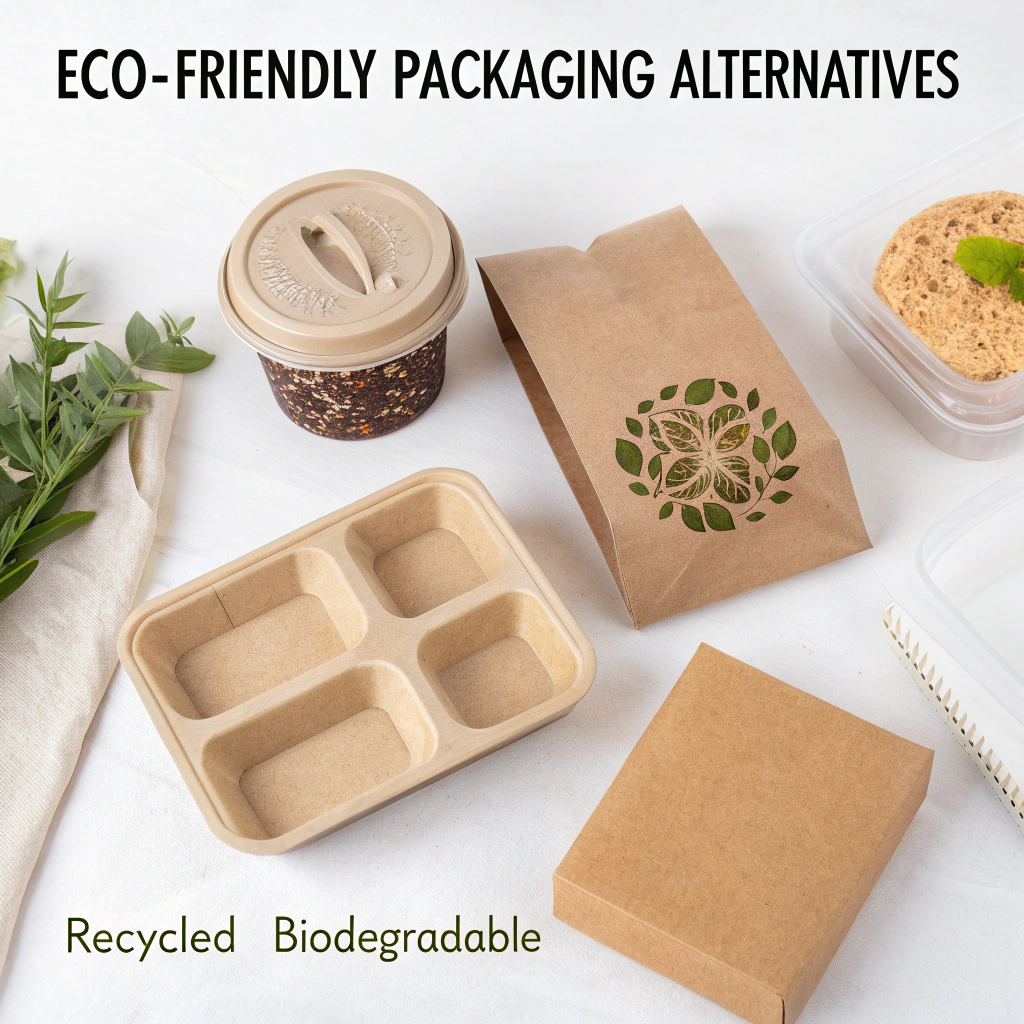
2. Optimize Shipping for Efficiency and Lower Emissions
Every package you send contributes to your carbon footprint. You can reduce environmental impact by streamlining your logistics and offering greener shipping options.
Tips:
- Use right-sized packaging to avoid wasted space and filler
- Partner with carbon-neutral couriers like DHL GoGreen or UPS Carbon Neutral
- Offer slower but more sustainable shipping as a default option
- Consolidate orders when possible to reduce trips
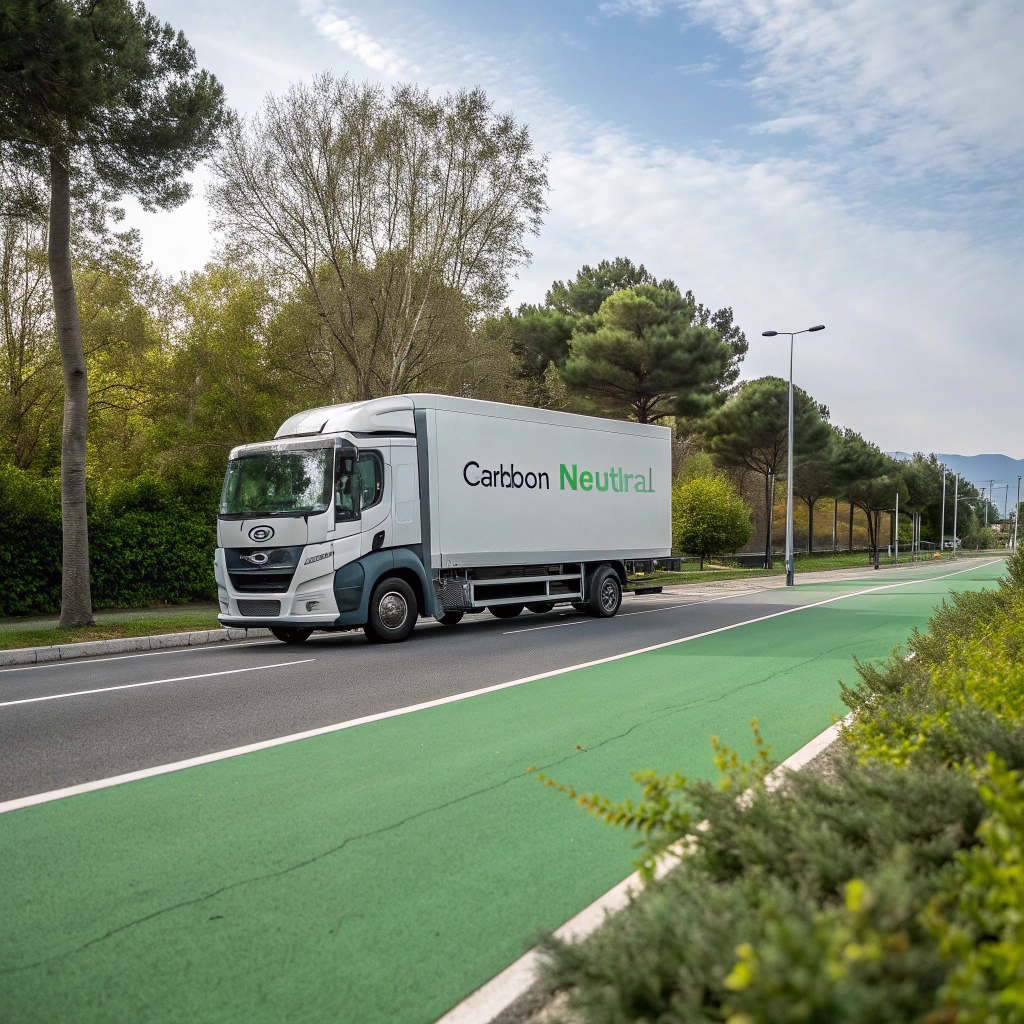
3. Use a Green Web Hosting Provider
Sustainability goes beyond physical packaging—your website uses energy, too. Traditional servers consume a lot of electricity, often from non-renewable sources.
Switch to:
- Hosting services powered by renewable energy (e.g., GreenGeeks, Kualo, or A2 Hosting’s Green Program)
- A CDN (Content Delivery Network) to speed up load times and reduce server energy use

4. Add Transparency and Sustainability Messaging
Today’s consumers want to support brands that align with their values. Show them how you’re making a difference.
Ideas:
- Add a “Sustainability” or “Eco Commitment” page
- Share behind-the-scenes content about your green practices
- Use product badges like “Made from Recycled Materials” or “Plastic-Free Shipping.”
- Highlight your eco-certifications (e.g., B Corp, FSC, Carbon Neutral)
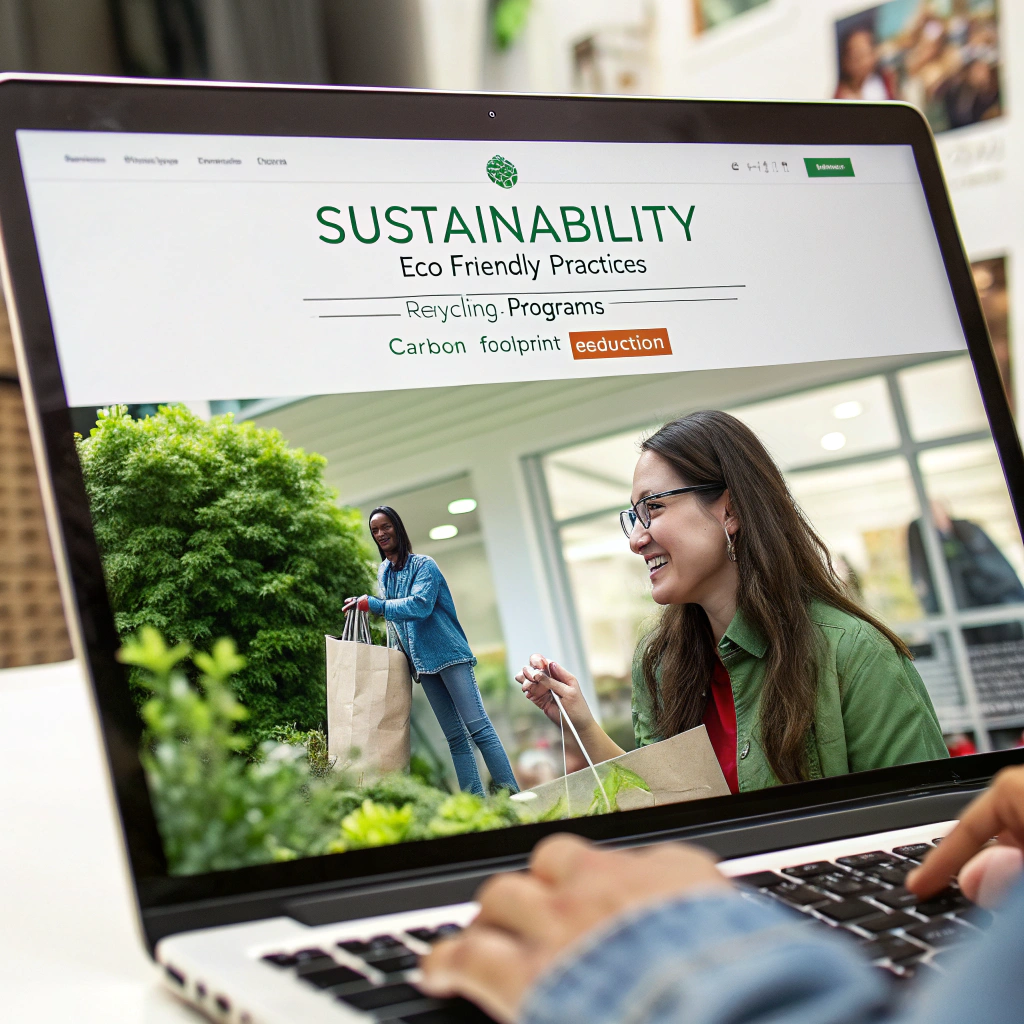
5. Encourage Conscious Consumerism
A green e-commerce strategy also involves educating and empowering your customers.
How to do it:
- Offer digital receipts and minimal print inserts
- Let users opt into slower shipping to reduce carbon emissions
- Encourage customers to reuse or recycle packaging
- Reward customers who choose eco-options (e.g., points, discounts)
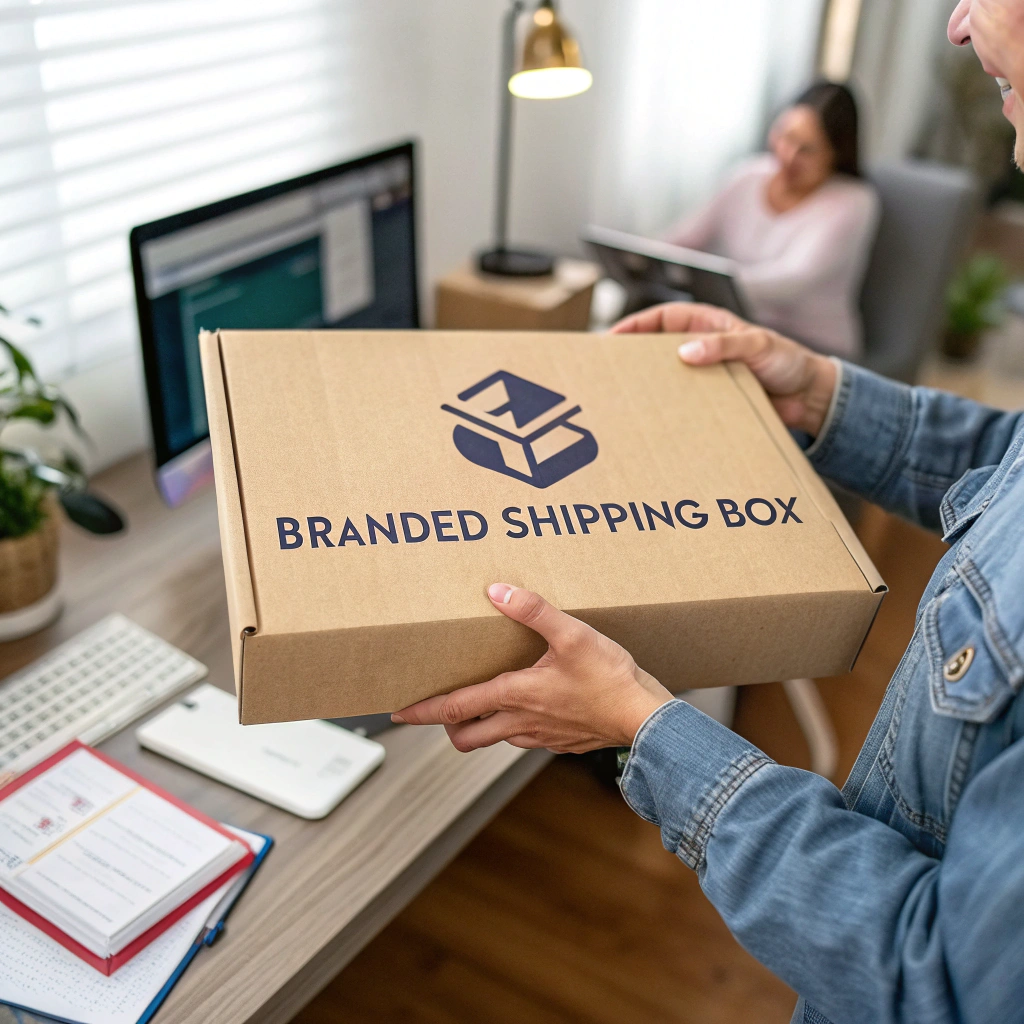
6. Measure Your Environmental Impact
Track the results of your green efforts so you can share real data and make improvements.
Recommended tools:
- CarbonCloud – track carbon footprint
- OpenLCA – life cycle analysis
- Eco-packing calculators from packaging suppliers
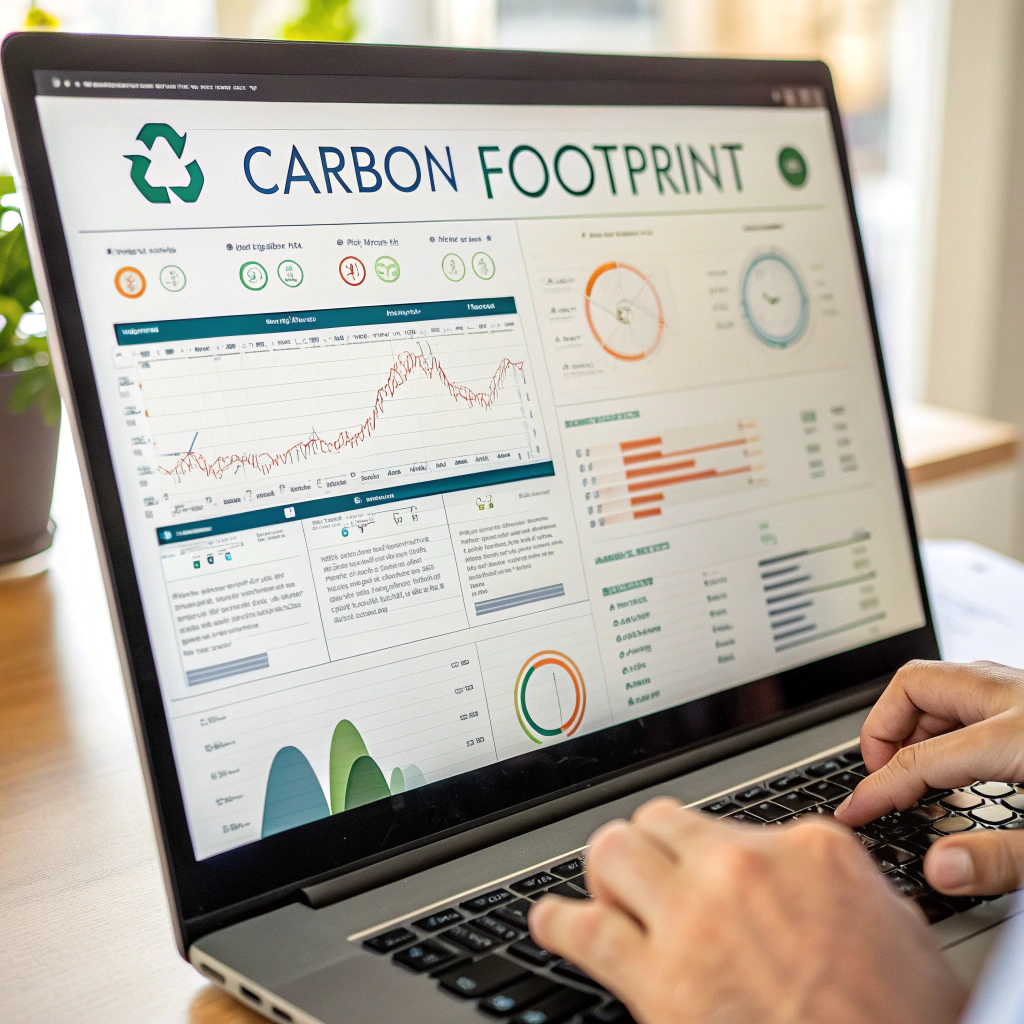
Final Thoughts: Green E-Commerce is the Future
Going green is not just good for the planet—it’s good for business. Today’s customers actively seek out sustainable brands and are willing to pay more for responsible products. Whether you’re starting small with eco-friendly packaging or revamping your entire supply chain, each change brings you closer to building a lasting, conscious brand.
At Best Box Store, we’re here to support your journey. From sustainable packaging solutions to expert tips, we’ve got you covered.

